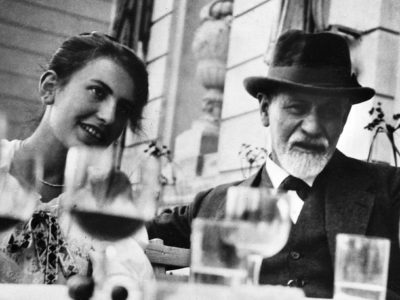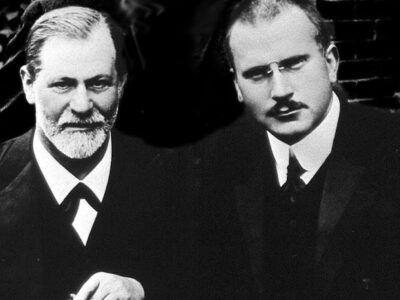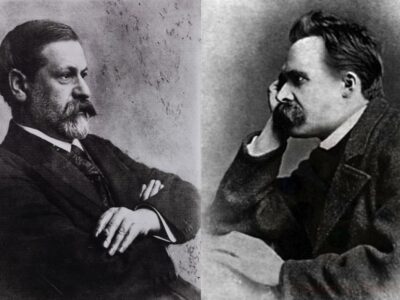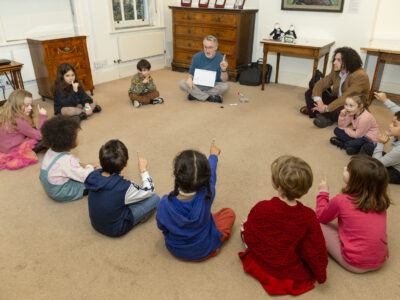
- This event has passed.
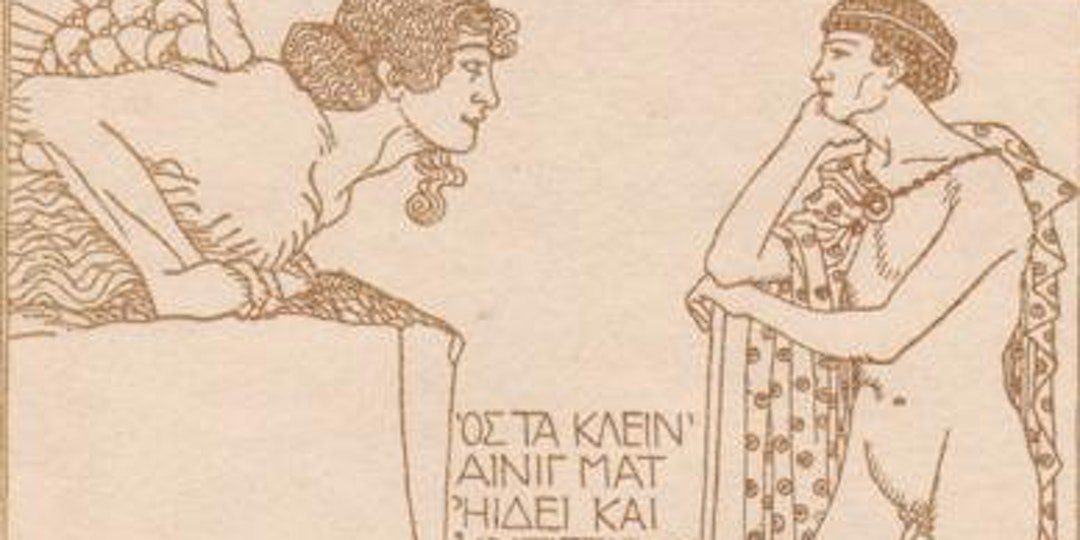
Please note: this 6-hour course has already taken place therefore booking is for recording access only. On booking, you will receive your unique access codes via your Eventbrite confirmation and will have access for 30 days.
Booking closes on 31 March 2021, 11.30pm.
——————————————————————————————————————————
Sexuality is at the centre of Freudian psychology
When Jung suggested that that his work would meet with far less resistance from the medical profession and the public at large if he softened down the concept of libido so that it referred to a ‘life instinct’, rather than evoking thoughts of actual sex, Freud adamantly refused to do so, insisting that the truth about human beings could not be given up for the sake of mere social acceptance! We will explore the ideas Freud saw as his most important contribution to human knowledge, reviewing all aspects of his theory of the role of sexuality in the emotional development of the person from birth onwards, and asking the crucial question: Why Sex? That is, what were the factors – theoretical, cultural and personal – that lead Freud to make sexuality the cornerstone of his theory, and the chief focus of his work?
Session 1: In the last third of the nineteenth century, in the wake of the Darwinian revolution in biology, doctors embarked on the first scientific studies of human sexuality. Figures such as Richard von Krafft-Ebing, Havelock Ellis and Magnus Hirschfeld – now known as the first sexologists – were the pioneers of this new field, and Freud’s work on sexuality built on theirs and was a response to it. But in his ‘Three Essays on the Theory of Sexuality’ (1905), Freud went completely beyond the sexologists, setting out a radically new way of thinking about human sexuality, based on a new understanding of the nature of sexual desire and attraction. In his new thinking Freud clearly distinguished between human sexuality as a field of experience and the function of reproduction, at the same time detaching and separating the issue of sexual attraction from that of gender. In the first session of the course, we will review the work of the sexologists, and see how Freud transcended their thinking – based on nineteenth century notions of masculinity and femininity – with his new way of understanding sexual desire. The key to this was the way he rooted adult sexuality in childhood experience.
Session 2: Freud’s approach to understanding human sexuality is premised on the notion of ‘Infantile Sexuality’ – and in the second session we will examine and clarify what he meant by this notion, and by the distinction he makes between the erotic, or sexual, and the genital. We will also study the stages of infantile psychosexual development described in his work, and the way he saw these reflected in adult character and sexuality – not only in sadism and masochism, fetishism and voyeurism, but in all adult sexual relationships. ‘Infantile sexuality’ culminates (between the ages of four and six) in the Oedipus Complex – Freud tells us in the ‘Three Essays’ – and this is perhaps his most famous idea. The central claim of the work is that the entire history of one’s infantile sexuality – culminating in the Oedipus phase – is firmly repressed when the child is around six years old, but that, when adult sexuality begins at puberty, these repressed childhood experiences form the core of our character and of our sexual being. Freud considered it perhaps his greatest achievement to have discovered the repressed Oedipus complex in adult human beings, and saw his discovery as a confirmation of the Romantic insight into childhood as the foundation of adult personality. Since the experiences of childhood almost inevitably leave some degree of trauma behind, the result is that all adults suffer from some degree of neurosis, he concluded.
Session 3: In the third session we will explore the personal meaning to Freud of his most important idea – and consider the criticisms of the notion of the Oedipus complex put forward by later psychoanalysts, and thinkers outside psychoanalysis. It has been persuasively argued that the notion of the Oedipus complex is used in Freud’s later writings to justify the assumption that heterosexual adulthood is the only possible outcome of ‘normal’ psychological development, and we will review Freud’s thinking on sexuality in the light of this criticism, carefully examining his views in relation to current thinking on heterosexuality, homosexuality and the formation of gender identity. This will lead into an examination of contemporary intellectual debates on human sexuality, provoked by the powerful and widely influential critique of Freud’s view of sexuality put forward by Michel Foucault, by Lacan’s re-interpretation of Freud, and by the work of Judith Butler. We will conclude by considering the current standing of Freud’s theory of sexuality in the light of these recent critiques and revisions.
This is the third of five day courses offering a complete introduction to Freud. The courses will be accessible to beginners – but are also designed for those already familiar with Freud’s work who wish to acquaint themselves with the results of the latest research and scholarship, and up-date themselves on the recent debates addressing the intellectual issues and controversies surrounding it.
